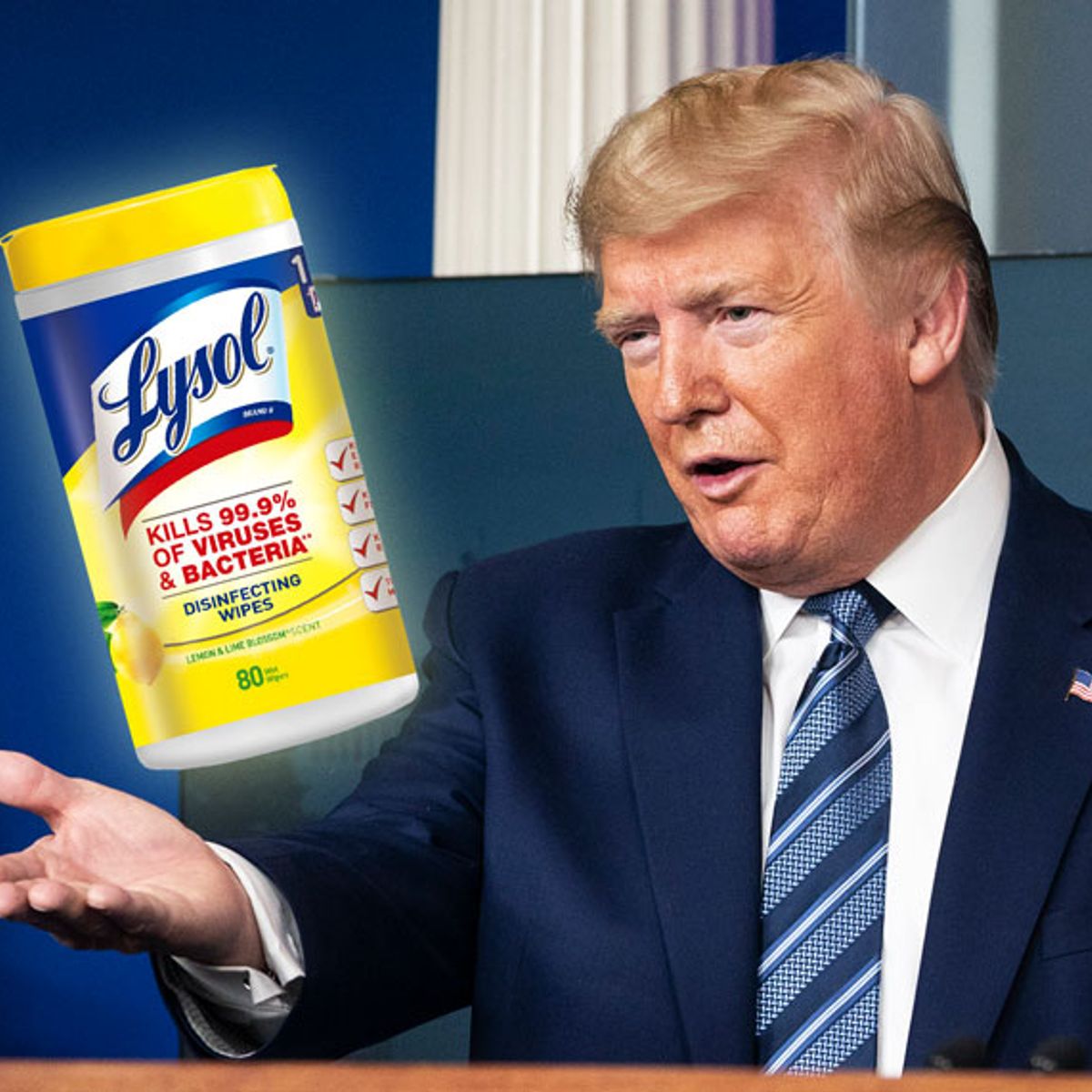Mitch McConnell recently floated the idea that some states should go bankrupt, an idea he didn't exactly walk-back so much as refuse to press forward. His statement had done what he wanted it to do.
As David Frum pointed out in response, there is a reason states cannot file bankruptcy while cities can: sovereignty. Under our system, states are sovereigns. That does not mean, nor carry the connotation even in law, that states are mini-kingdoms with divine right to rule (the way most Americans think of "sovereign"). It means they have authority of their own, if not complete autonomy. The United States is a sovereign nation, but the common interpretation of the Constitution that creates the federal government is that it places limits on the power of that government. So at no level in our constitutional republic does sovereign mean "do what you want, God's got your back."
In that Constitution, bankruptcy (like copyright) is an authority reserved to the federal government (largely to insure uniformity of application across 50 states. Congress has the "Commerce Clause," but the bankruptcy provision makes any laws on the subject solely the authority of the federal government. That puts the federal government, through the courts and the bankruptcy provision in the U.S. Code, in charge of those who seek bankruptcy protection under federal law. And make no mistake: bankruptcy law puts the court and the creditors in control of the bankrupt estate. So the federal government can take control of a municipality, if that municipality seeks bankruptcy protection. But cities are not sovereigns; only states are.
See the problem? Placing states under federal authority, even through a bankruptcy judge (who is not an Art. III judge, so not as highly placed in the judicial pecking order; but with sweeping powers and literally world-wide jurisdiction. A bankrupcty judge has authority over all the assets of the bankrupt, wherever they may be.), would be to remove, or at least reduce, their sovereignty. This is, of course, the argument for why the U.S. is not subject to the court in the Hague, or to any international tribunal. Whether we should be or not is another subject for another day, but the argument is that we will not endanger our national sovereignty in such tribunals. Nor should the states endanger theirs in bankruptcy court, a court which only the federal government can control.
Trump's argument here, although he is too dim to recognize it, is of a piece with McConnell's. I doubt either of them think of it this way, in fact. Mostly they just see an opportunity to play partisan politics, red states v. blue states. Trump is trampling the sovereignty of the states whenever he insists "sanctuary cities" be brought to heel and forced to assist ICE. Those cities cannot obstruct ICE's lawful activities (anymore than I can obstruct a policeman's conduct of his duties), but they don't have to help them, either; and that's what a "sanctuary city" is: one where law enforcement doesn't help ICE do its job. There's nothing illegal or unconstitutional in it, because states are sovereign and don't have to do the bidding of the federal government. States have to comply with the constitution (and so can't have segregated schools, or do anything on an impermissible basis such as racial discrimination), but that's the Constitution that's being enforced. Bankruptcy law may be reserved to the federal government by the Constitution, but the provisions of that law are determined by Congress, and Congress cannot direct the states, directly or indirectly. Immigration law is also set by Congress, but Congress cannot direct the states to enforce those laws.
What Trump is demanding is bad and needs to be repudiated. What underlies the claims he, and McConnell, are making, is worse, and more clearly needs to be repudiated. And it needs to be repudiated because it is becoming a pattern in the GOP.
I wrote most of that yesterday, then never posted it, and it got buried in a landslide of posts. Then tonight, this happened:
Yes, Torabi is right, McCarthy is "giving" governors authority they already have (
it's an old, old story). But the assumption behind McCarthy's statement is that states have no sovereignty that the federal government doesn't give them. For the same reason, Trump can withhold funds from states with sanctuary cities; or he thinks he can. The 10th Amendment stands in his way, but now they'd just as soon ignore it.
Have we just come full circle? All the arguments created for the civil rights movement and the War on Poverty and the civil rights laws, have now become the tools of the conservative movement, which has acted for sometime now as if it were the usurper of power, rather than the holder of it. Maybe power is in the eye of the beholder, and the power you have that I think illegitimate, is the power I should have because you are illegitimate. But where once "states rights" was a battle cry for defying the actions of the federal government, now the people who carried that banner in support of "Dixie" and as a polite way of saying "white superiority," have come full circle themselves, and declare the federal government (or at least the White House and the Senate) are supreme over the states.
History is full of such ironies; but that doesn't mean they shouldn't be given due attention.









